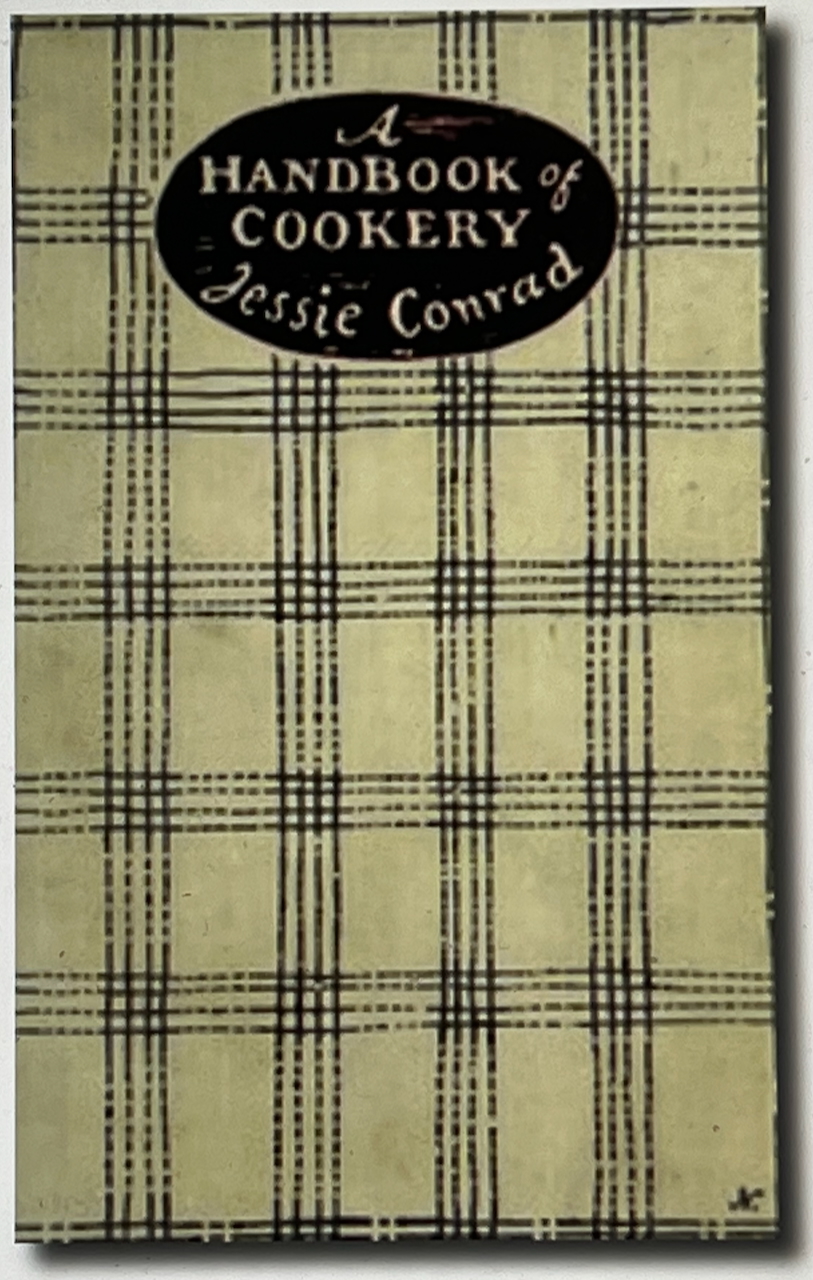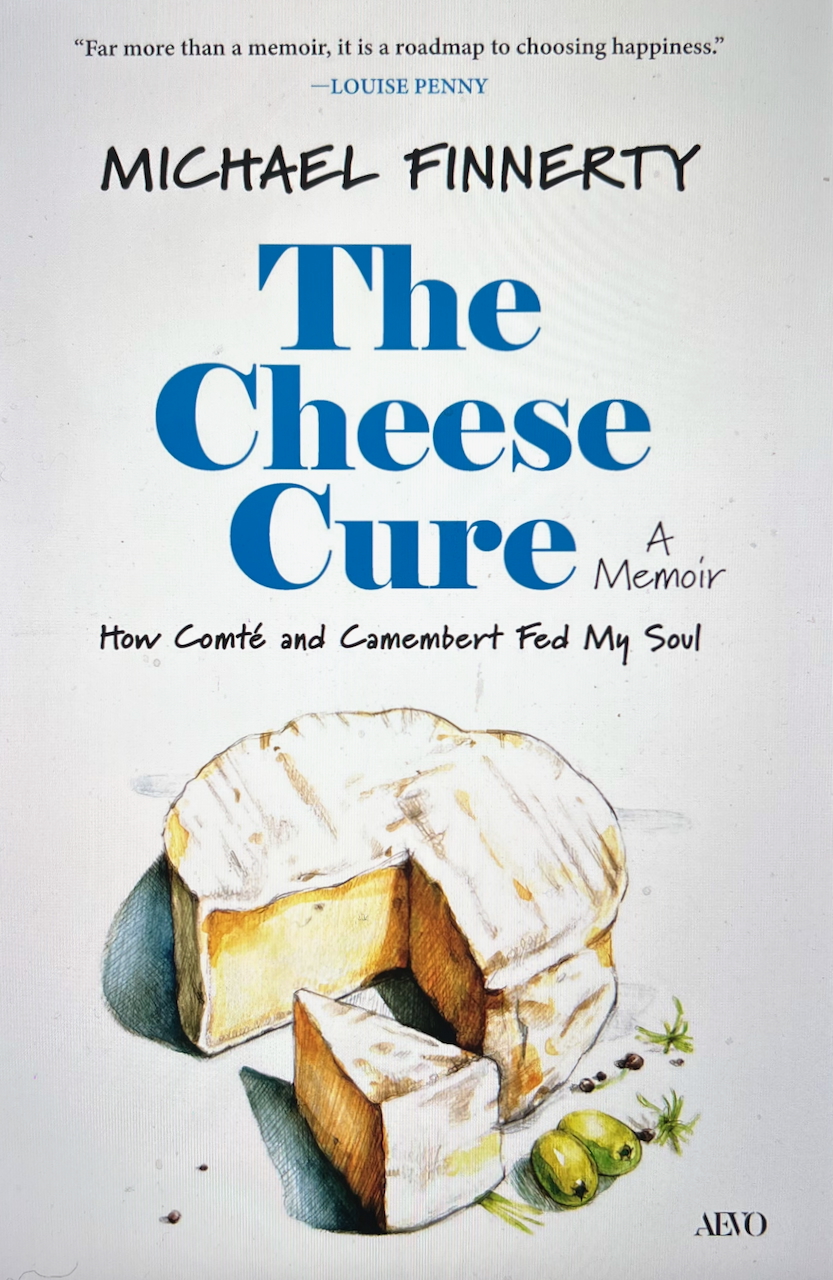Donut Scoff, Friends
October 19, 2018
The stretch of coastal Louisiana called Acadiana, from the Texas border to almost New Orleans, is often sold as a foodie culture, though its people would never call it that.
The Francophone foodway has adapted to local resources, so French mirepoix, for instance, (carrots, celery, onion) became the Cajun “holy trinity” (green bell pepper, celery, onion), presumably because carrots are harder to grow in constant wet. Locals simply love the foods they associate with place, family, and celebrations.
That is not to say all the food is great, especially here on the western edge of the region, which prides itself on its recent frontier-outlaw past, in a determined provinciality. “Outsider” food is often not understood or prepared well: sushi restaurants can smell bad; noodles are best eaten at the casino; and an Ethiopian meal is a distant rumor.
Even local dishes vary wildly in quality. The gumbo at the best place in Lake Charles is bayou-like: dark and watery, grease shining on its surface, things lurking in it half-seen. The secret ingredient, I can confide, is salt. You are also meant to take the provided scoop of bright-yellow potato salad—the kind from your school lunch tray circa 1978—and drop it in the cup of gumbo and stir it around. At the best place in Sulphur, waitresses in t-shirts advertising “deer cutting” serve bowls of gumbo with slices of deer sausage that chew like Hubba Bubba. I took an old friend there, a proud Southerner but from Virginia, who asked to see the pelts he said he knew were hanging in their kitchen.
Yet one of the charms of Acadiana is that food has not been professionalized as it has been elsewhere in the country. For better or for worse, there is not much that is corporate.
There are many varieties of excellent smoked sausage sold locally, as well as boudin sausage and boudin balls, and fat, farmed crawfish. Local businesses make good beer, and rum from Louisiana cane. The best sandwich for hundreds of miles is at Darrell’s, which has only two locations. On the menu it looks like some unholy dietary-law taboo: roast beef, scampied shrimp, three melted cheeses, brown gravy, jalapeno mayo, and limp shreds of lettuce. It will change your life.
And while there is no passable French bread—rice has been easier to grow than wheat, I suppose—donuts are a big deal and are never from a chain. People in Lake Charles all have favorite donut shops the way Brits have their “locals”— Delicious Donuts, Hank’s Donuts, Shipley Do-nuts, Happy Donuts, Nelson’s, Cyclo Donut, Dippin Donuts, Donut King, Dino’s Donuts, Donald’s Donuts, Donut Palace, Dixie Donuts, Donut Palace Cafe, Bea’s Donuts, and others—and they will tell you about them, the way they proselytize for sports teams.
What is more common, reader, than the homely donut; what more important to mutual understanding?
I drove to every donut shop in Lake Charles today. I figured one glazed donut from each place would tell. When I ordered I also intended to ask, “What is the secret to your success?”, hoping to trick them with a purposely vague question into saying something distinct, specific, metaphorical, and process-driven, which I could apply to my life.
“I don’t know. I don’t make ‘em,” the woman at Shipley Do-nuts said. She had to go in back for my one glazed donut, when so many other kinds of donuts were right there in front.
“They don’t tell me the secret, to be honest,” a woman said at Delicious Donuts. A help-wanted sign was taped to the door.
All the other shops, all over town, were closed—sold out or locked up by noon. You would think I knew nothing about donuts at all. But Delicious is my local, and they rarely close early. In addition to having the best donuts in town, they make the best King Cakes, kolaches, and a maple-frosted, pecan-sprinkled, iced cinnamon roll the size of a melamine plate. It is for celebrating victories. I ate a whole one, alone, a stranger in town, when I got a job in Lake Charles some years ago, and another, much more ravenously, when I resigned.
Today I took home what donuts I could gather to my beloved donut vultures, celebration enough.








